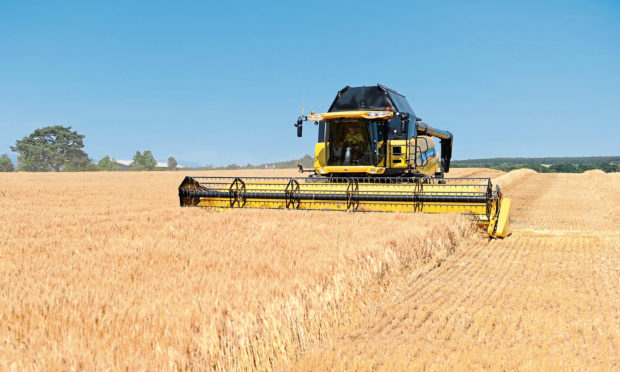Farm subsidies of the future should not go towards producing Scottish whisky or other food and drink which could be bad for people’s health, according to a leading adviser on public health.
Shirley Cramer, chief executive of the Royal Society of Public Health, said it made “no sense’”to subsidise the production of food which had the potential to make people ill and cost the National Health Service money.
Speaking at the Food and Farming Future’s Farming to Improve Health conference in Warwickshire, Mrs Cramer said the role food had in keeping the nation fit and healthy meant agriculture was a force for good in Scotland and the rest of the UK.
But when asked whether subsidy regimes should be overhauled so that producers of food which went against public health — like Scottish whisky or products that might go into unhealthy foods — did not receive support, she said the answer was “very clear”.
“I think we’d argue hard that subsidies should not be going into things that we know we’ve got clear evidence are not good for people,” she told delegates.
“Public money for public goods should be about having a healthier nation, so it would make sense not to subsidise those bad things.”
Mrs Cramer said that as the country’s health champions, farmers and those working in agriculture needed a more central role in government policy and problem solving.
“In government and the public and private sector, we are very siloed in nature, but if we’re ever going to improve some of the big health problems we have in this country, all of our sectors need to work in the same direction,” she said.
“It’s important to be part of the bigger conversation. The cost of diet-related health issues to the UK and around the world is enormous, but farming can be a force of change for good.”
